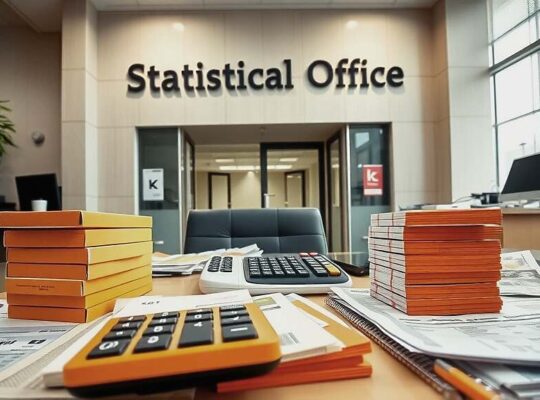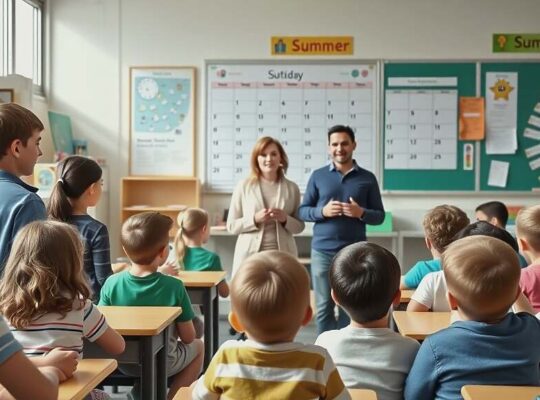A concerning new study reveals a significant and alarming decline in mathematics and science performance among German secondary school students, prompting urgent questions about the future of the nation’s education system. The IQB-Bildungstrend 2024 report, released this week, paints a stark picture of diminishing standards across key STEM subjects, impacting students nationwide.
The data indicates a consistent and broad weakening of educational outcomes. Across mathematics, physics, chemistry and biology, the proportion of students achieving the baseline standards required for both the initial and intermediate school leaving certificates has demonstrably worsened since 2012 and 2018. The report highlights a worrying surge in students failing to meet the minimum thresholds, particularly for the intermediate school leaving certificate, increasing by nearly 10 percentage points.
Specifically, in 2024, almost nine percent of ninth-grade students missed the minimum standard for the initial school leaving certificate in mathematics alone, while a staggering 34 percent failed to meet the threshold for the intermediate certificate. The situation is similarly concerning in other STEM fields; approximately a quarter of students aiming for the intermediate school leaving certificate are failing to meet the required standards in chemistry, followed by 16 percent in physics and 10 percent in biology. Critically, the decline is uniform, impacting student performance in every federal state.
While the researchers attribute the deterioration to a complex interplay of factors, including the disruptive effects of the COVID-19 pandemic and an increased proportion of students with recent immigration backgrounds, the report’s findings are prompting a wider political debate. Critics argue that the response to the pandemic, particularly regarding remote learning strategies, may have exacerbated existing inequalities within the education system and created lasting damage to student learning.
Furthermore, the report’s findings that the decline transcends socioeconomic and family backgrounds – indicating the issue is not solely attributable to disparities in opportunity – are fueling a call for broader systemic reforms. Opposition parties are demanding a comprehensive review of the national curriculum, teacher training programs and resource allocation to stem the downward trend and ensure Germany maintains its competitive edge in the global economy. The findings are likely to become a central point of contention in upcoming parliamentary debates, with implications for the future direction of German education policy.












